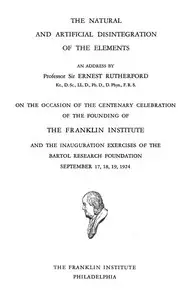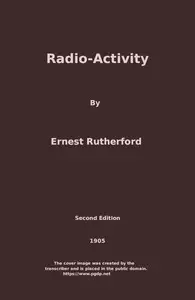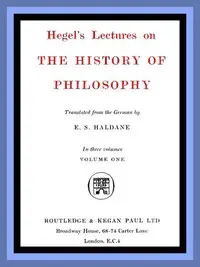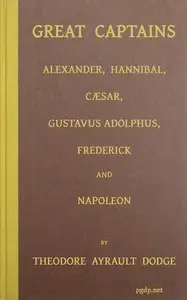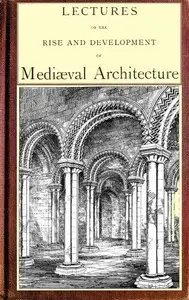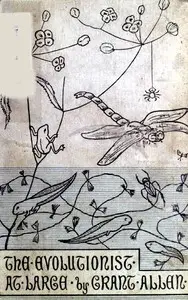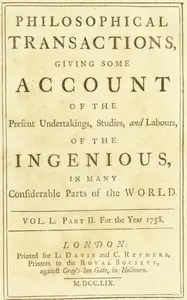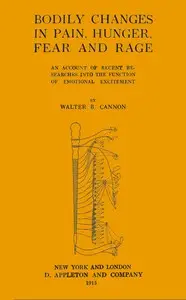"The Chemical Nature of the Alpha Particles from Radioactive Substances" by Ernest Rutherford is a scientific publication likely written in the early 20th century. This work delves into the properties and characteristics of alpha particles, which are emitted during radioactive decay, and discusses their significant role in the understanding of radioactivity. The text is based on a Nobel lecture delivered in 1908 and serves to highlight the experimental journey that led to the recognition of alpha particles as positively charged particles, ultimately identified with helium atoms. In this publication, Rutherford provides a historical overview of alpha particle research, detailing experiments that led to the conclusion that these particles are ejected atoms of helium with a positive charge. He recounts numerous studies demonstrating the properties of alpha particles, including their relatively low penetration ability compared to beta particles and their contribution to the energy produced by radioactive materials. The lecture also presents findings from various experiments that corroborate the idea that the decay of radioactive elements like uranium, thorium, and radium involves a transformation process where alpha particles play a crucial role, further emphasizing the interconnection between radioactivity and the structure of matter. Ultimately, Rutherford's insights provide a foundation for understanding radioactive decay and the atomic structure, linking alpha particle emissions with the production of helium and enhancing our comprehension of atomic transformation processes. (This is an automatically generated summary.)
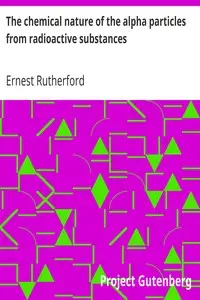
The chemical nature of the alpha particles from radioactive substances
By Ernest Rutherford
Nobel lecture, December 11, 1908.
Free Download
Overview
About the Author
Ernest Rutherford, 1st Baron Rutherford of Nelson,, was a New Zealand physicist who was a pioneering researcher in both atomic and nuclear physics. He has been described as "the father of nuclear physics", and "the greatest experimentalist since Michael Faraday". In 1908, he was awarded the Nobel Prize in Chemistry "for his investigations into the disintegration of the elements, and the chemistry of radioactive substances." He was the first Oceanian Nobel laureate, and the first to perform the awarded work in Canada.
Total Reviews
10.0k
Total reviews from Goodreads may change


